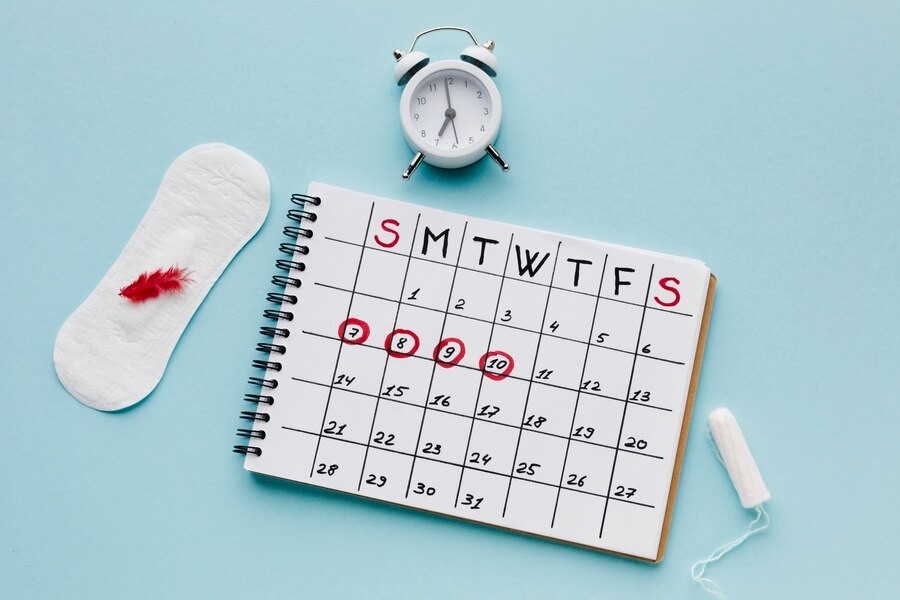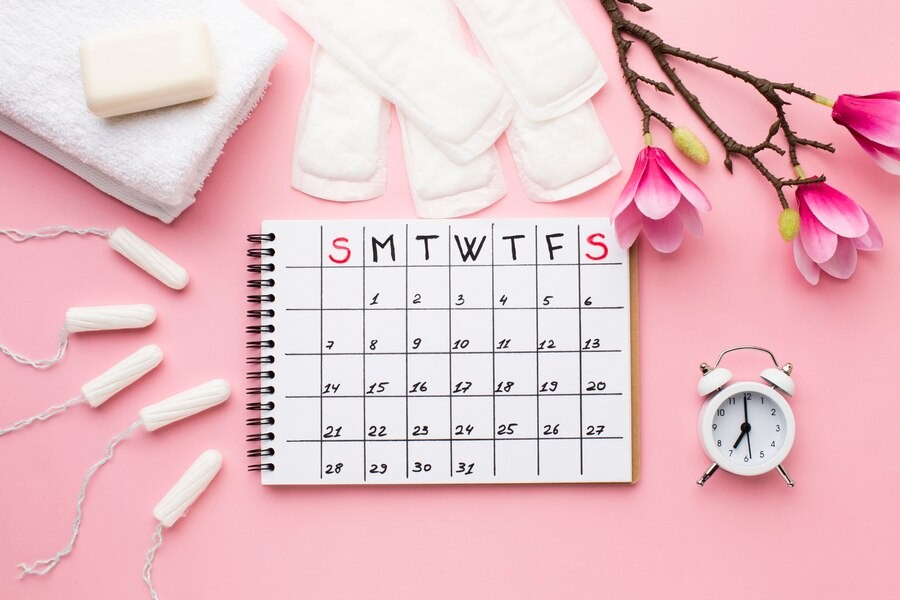Premenstrual syndrome, commonly referred to as PMS, affects many women in the days leading up to their menstrual period. The symptoms of PMS can vary widely among individuals.
Some women may experience abdominal cramps, headaches, and significant mood swings. These symptoms can disrupt daily activities, reduce productivity, hinder concentration, and cause general discomfort.
Can PMS be prevented?
Hormonal fluctuations are thought to be a major factor in the development of PMS symptoms. Throughout the menstrual cycle, levels of estrogen and progesterone change significantly, impacting the central nervous system and decreasing serotonin production. This drop in serotonin can lead to emotional symptoms such as depression, irritability, and fatigue.
While PMS cannot be completely avoided, there are several steps you can take to reduce the severity and frequency of its symptoms.
Adopt a healthy diet
The foods you eat play a critical role in managing PMS symptoms. A balanced diet can help regulate hormonal fluctuations, energy levels, and mood.
To manage PMS symptoms, increase your intake of fruits and vegetables, reduce salt, limit caffeine and alcohol consumption, and consume complex carbohydrates.
Exercise regularly
Regular physical activity can help alleviate both physical and emotional symptoms of PMS. Exercise boosts the production of endorphins, which are often called "happiness hormones."
You don’t need to engage in strenuous workouts; even moderate activities like walking, yoga, or cycling for 30 minutes a few times a week can make a difference.
Managing stress
Stress can intensify PMS symptoms, particularly anxiety and mood swings. Finding positive ways to cope with daily stressors is essential. Consider strategies such as getting enough sleep and practicing meditation or mindfulness.
Take supplements
Some studies suggest that supplementation with vitamins and minerals may help reduce PMS symptoms. Supplements such as calcium, magnesium, and vitamin B6 have been found effective in alleviating cramps, bloating, and mood swings.
When should you consult a doctor?
In most cases, you do not need to see a doctor for PMS symptoms. However, if your symptoms become severe and interfere with your daily life, it is a good idea to consult a healthcare professional.
Severe PMS symptoms that disrupt your daily routine, work, or social interactions may indicate PMDD or premenstrual dysphoric disorder. This is a more serious form of PMS requiring medical attention.
Symptoms of PMDD can include:
- Severe depression or feelings of hopelessness
- Intense anxiety
- Panic attacks
- Extreme irritability or frustration
- Difficulty concentrating
- Significant sleep disturbances or insomnia
While PMS cannot be entirely prevented, understanding its symptoms and triggers can help you manage this condition more effectively. With the right support, lifestyle adjustments, and effective stress management techniques, you can improve your quality of life during your menstrual period.
If you have further questions about PMS, you can make use of the consultation features that are available in the Ai Care application by downloading the Ai Care application from the App Store or Play Store.
Looking for more information about other diseases? Click here!
- Sean Edbert Lim, MBBS
Cleveland Clinic (2022). Premenstrual Syndrome. Available from: https://my.clevelandclinic.org/health/diseases/24288-pms-premenstrual-syndrome
Mayo Clinic (2022). Premenstrual syndrome (PMS). Available from: https://www.mayoclinic.org/diseases-conditions/premenstrual-syndrome/symptoms-causes/syc-20376780
John Hopkins Medicine. Premenstrual Syndrome (PMS). Available from: https://www.hopkinsmedicine.org/health/conditions-and-diseases/premenstrual-syndrome-pms
WebMD (2023). Can Diet Changes and Exercise Help With PMS?. Available from: https://www.webmd.com/women/pms/is-there-a-pms-diet
Hariharasudhan Ravichandran and Balamurugan Janakiraman (2022). Effect of Aerobic Exercises in Improving Premenstrual Symptoms Among Healthy Women: A Systematic Review of Randomized Controlled Trials. Available from: https://www.ncbi.nlm.nih.gov/pmc/articles/PMC9392489/
Hope Gilette (2023). Can Stress Mess Up Your Period?. Available from: https://www.healthline.com/health/stress/can-stress-mess-up-your-period
WebMD (2022). What Supplements Help with PMS?. Available from: https://www.webmd.com/women/pms/supplements-help-with-pms
John Hopkins Medicine. Premenstrual Dysphoric Disorder (PMDD). Available from: https://www.hopkinsmedicine.org/health/conditions-and-diseases/premenstrual-dysphoric-disorder-pmdd











